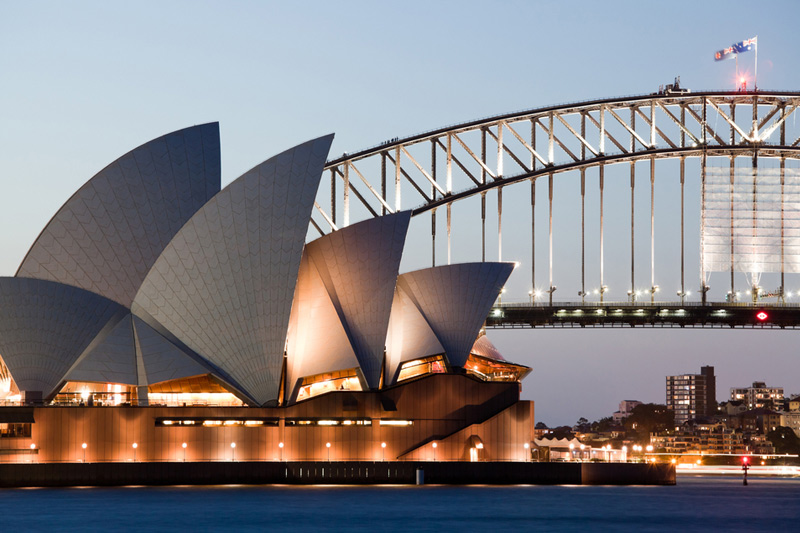Diamyd Medical’s phase 3 diabetes trial passes final safety review
Investing.com -- Australia’s economy grew substantially less than expected in the first quarter of 2023, data showed on Wednesday, as pressure from rising interest rates and overheated inflation weighed heavily on spending and economic activity.
Gross Domestic Product (GDP) rose 0.2% in the three months to March 31 from the prior quarter, data from the Australian Bureau of Statistics (ABS) showed. The reading was much weaker than expectations for a rise of 0.8%, as well as the prior quarter’s reading of 0.5%.
On an annualized basis, GDP grew 2.3%, missing estimates of 2.7% and slowing from the prior quarter’s print of 2.7%.
While the Australian economy marked a sixth straight quarterly GDP increase, the reading was at its slowest pace since the COVID-induced slowdown in the September 2021 quarter, the ABS noted.
The weak reading was largely driven by a slowdown in household spending, as consumers tightened their purse strings in the face of a steadily increasing cost of living. Consumer inflation was just below 30-year highs in April.
Higher interest rates, following a series of surprise rate hikes by the Reserve Bank of Australia (RBA), also factored into rising rent and mortgage costs.
The household savings ratio dropped to 3.7%, its weakest level since the 2008 financial crisis. This was also accompanied by a steady drop in retail sales through the quarter.
The ABS said that spending on essential goods, coupled with a small rebound in capital investment, were the two key factors keeping the Australian economy in expansion territory.
GDP capital expenditure grew 1.8% in the March quarter, beating expectations for a drop of 5.6%, and rebounding from a 1.4% drop in the prior quarter.
But this was also offset by a weaker balance of trade, as a rise in imports offset exports through the quarter. Data on Tuesday showed that this imbalance knocked 0.2 percentage points off the quarterly GDP reading.
Australia’s economy is expected to cool this year and see below-average growth for at least the next two years, the RBA warned this week, as it raised interest rates to over-decade highs.
The bank has embarked on an unprecedented rate hike spree as it looks to curb runaway inflation. While the RBA acknowledged that rate hikes would dent economic growth in the near-term, it said that the threat of unchecked inflation was far more dire.
